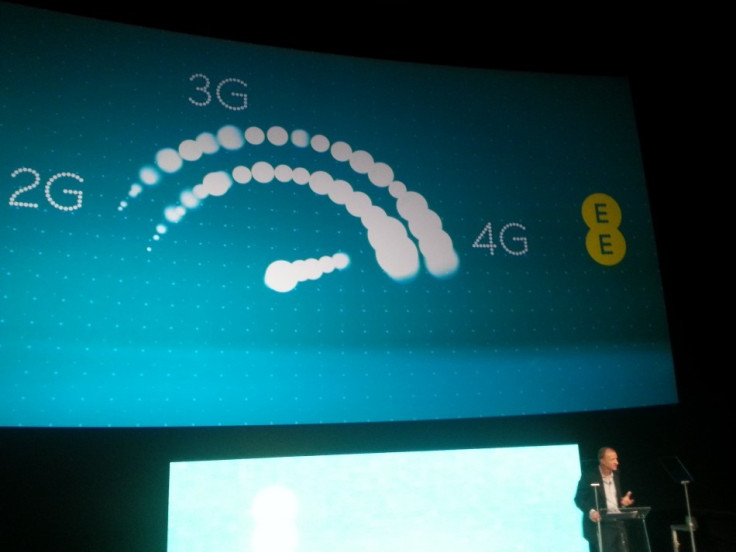Talks About the UK's 4G Network Enter Final Stages
Virgin Media looks to EE for 4G
Talks between the UK's telecoms regulator and the country's four major mobile phone networks have entered the final week, with "years of litigation" still a possibility.

The crux of the matter relates to Ofcom's decision earlier this year to grant Everything Everywhere (now known as EE) a licence to re-farm its existing 2G spectrum to create the UK's first 4G network.
All the other major mobile phone carriers - Three, O2 and Vodafone - will have to wait until the government auctions off the spectrum it has set aside for 4G, but the problem is the much-delayed auction is not due to take place until early next year.
According to sources close to the negotiations currently taking place, who spoke to the Financial Times, everything is still "in the balance" and that the bickering between the two sides could see the UK face even further delays in getting a working 4G network up-and-running.
Many countries around the globe including the US, Germany, Japan and more unlikely states like Latvia and Uzbekistan, already are well ahead of the UK in terms of this super-fast mobile broadband technology.
The LTE technology which EE is planning on using, and which is the most widespread of the technologies which come under the 4G umbrella, promises download speeds up to ten times faster than available on the current 3G network.
Following the announcement of Ofcom's surprise decision to allow EE go ahead with its 4G plans, O2 and Vodafone both expressed shock at the decision and threatened legal action to prevent it going ahead.
Olaf Swantee, CEO of EE, said that if legal action was taken by these networks, his company could throw a spanner in the works and once again delay the 4G auction, which would have a knock on effect on the UK economy as a whole.
$4bn auction
The auction alone is expected to bring in upwards of £4bn to the Treasury next year if it goes ahead, and estimates suggest a working, countrywide 4G network would add 0.5 percent to the national GDP which translates to £75bn over a ten year period.
4G is seen by many as a solution to poor internet connectivity in many parts of the UK, with 4G speeds better than most fixed line broadband speeds available, particularly in rural parts of the country,
The importance to the UK';s economy of 4G was highlighted earlier this month when then Culture Secretary Jeremy Hunt called all parties into Westminster for a meeting to try and resolve the matter. Hunt's replacement, Maria Miller has also been brought up to speed on the matter, and sat in on the talks too.
The iPhone 5 is the first phone to go on sale in the UK which will work on EE's new network, and the millions of customers who bought one over the weekend will be hoping that Ofcom, EE, Vodafone, Three and O2 will be able to iron out their differences sooner rather than later.
Virgin Media
In related news, Virgin Media has confirmed to Computerworld UK that it is in talks with EE to launch services on the 4G network. Virgin Media, a minor player in the UK mobile market, already uses EE's 3G for its current mobile offerings.
Piggy-backing on EE's 4G network would be the most cost-effective way for Virgin Media to offer next generation mobile speeds to its customers, as well as beating O2 and Vodafone to the punch.
Following the announcement of its 4G network earlier this month, EE also revealed that it had sold part of this network to Three, as part of European competition rules when Orange and T-Mobile network combined to become Everything Everywhere.
Three has remained silent so far on whether or not it plans on using this new spectrum to offer 4G coverage, but if it did, it would only serve to anger O2 and Vodafone ever further.
© Copyright IBTimes 2025. All rights reserved.






















